 Google and 33 other companies have announced an ambitious industry alliance that will maintain a completely open source mobile phone stack. The Open Handset Alliance (OHA) says phones based on its Linux-based “Android” stack will reach market in as soon as eight months.
Google and 33 other companies have announced an ambitious industry alliance that will maintain a completely open source mobile phone stack. The Open Handset Alliance (OHA) says phones based on its Linux-based “Android” stack will reach market in as soon as eight months.
The Android stack is based on “open Linux kernel,” the group says. It also includes a full set of mobile phone application software, in order to “significantly lower the cost of developing and distributing mobile devices and services,” OHA said.
The stack appears to have been created by Android, a mobile phone software house that Google acquired just over two years ago. The Android stack’s name is apparently a reflection of co-founder Andy Rubin’s fondness for robots. Rubin previously co-founded Danger, a software house that continues to provide software for the Sidekick “hiptop” marketed by T-Mobile.
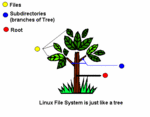 When it comes to file systems, Linux® is the Swiss Army knife of operating systems. Linux supports a large number of file systems, from journaling to clustering to cryptographic. Linux is a wonderful platform for using standard and more exotic file systems and also for developing file systems. This article explores the virtual file system (VFS)—sometimes called the virtual filesystem switch—in the Linux kernel and then reviews some of the major structures that tie file systems together.
When it comes to file systems, Linux® is the Swiss Army knife of operating systems. Linux supports a large number of file systems, from journaling to clustering to cryptographic. Linux is a wonderful platform for using standard and more exotic file systems and also for developing file systems. This article explores the virtual file system (VFS)—sometimes called the virtual filesystem switch—in the Linux kernel and then reviews some of the major structures that tie file systems together. 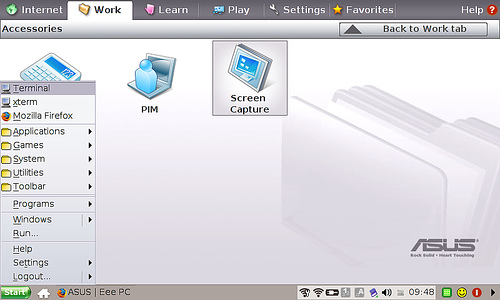

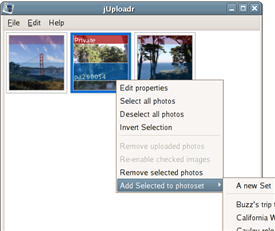
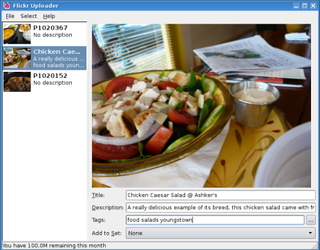
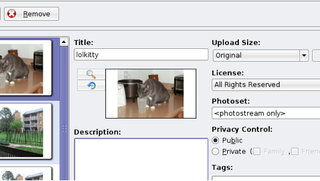


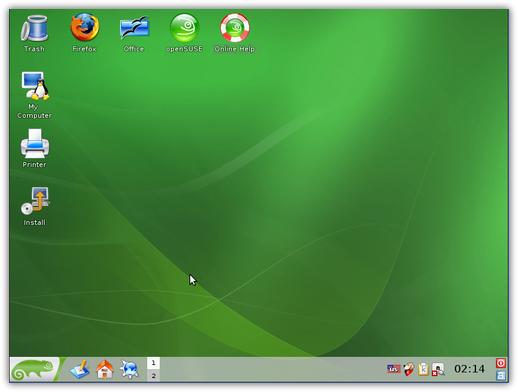
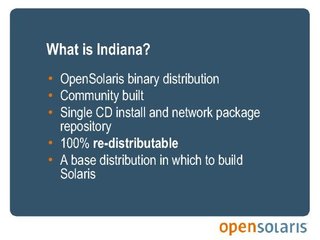
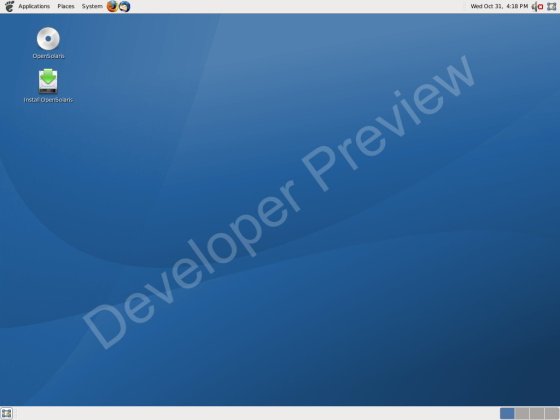
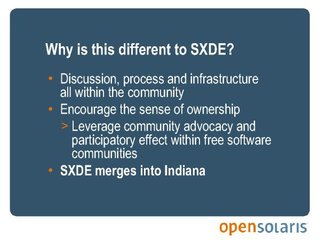
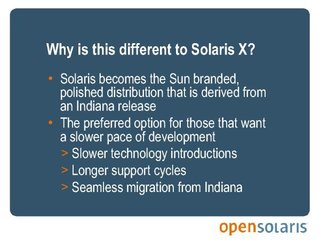
 I believe Linux will become the de-facto standard desktop operating system. Though it’ll take a while for many users to break free from ties to Windows, there is good reason to believe that this day will come.
I believe Linux will become the de-facto standard desktop operating system. Though it’ll take a while for many users to break free from ties to Windows, there is good reason to believe that this day will come.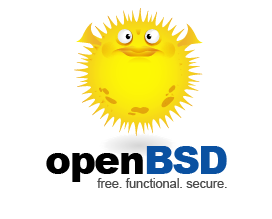 OpenBSD is famous for its focus on security. On November 1st, the team is proud to announce
OpenBSD is famous for its focus on security. On November 1st, the team is proud to announce